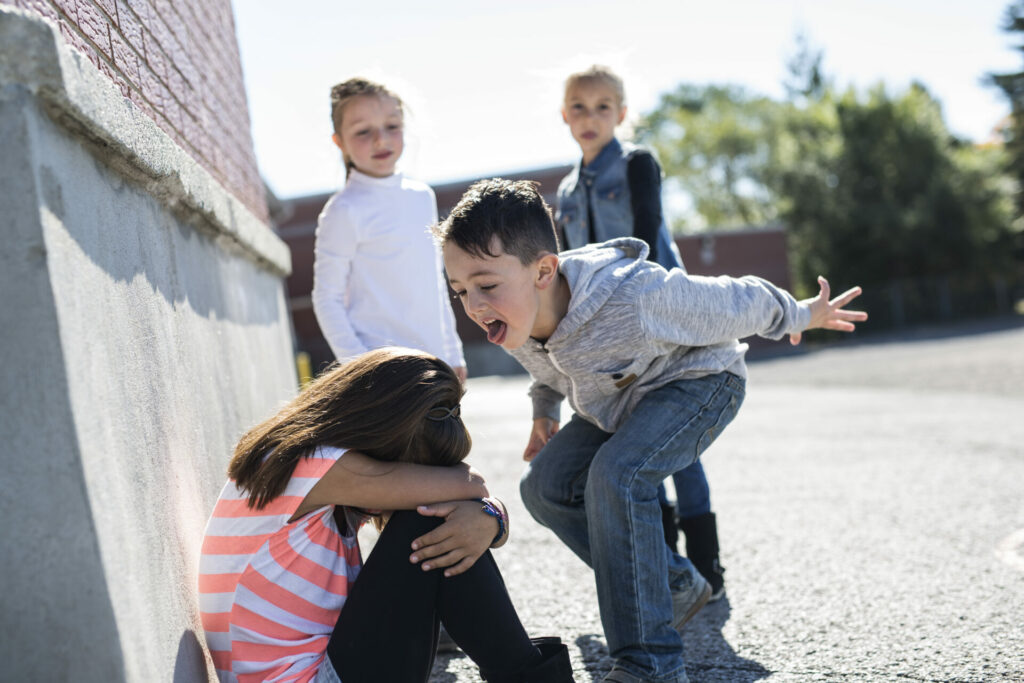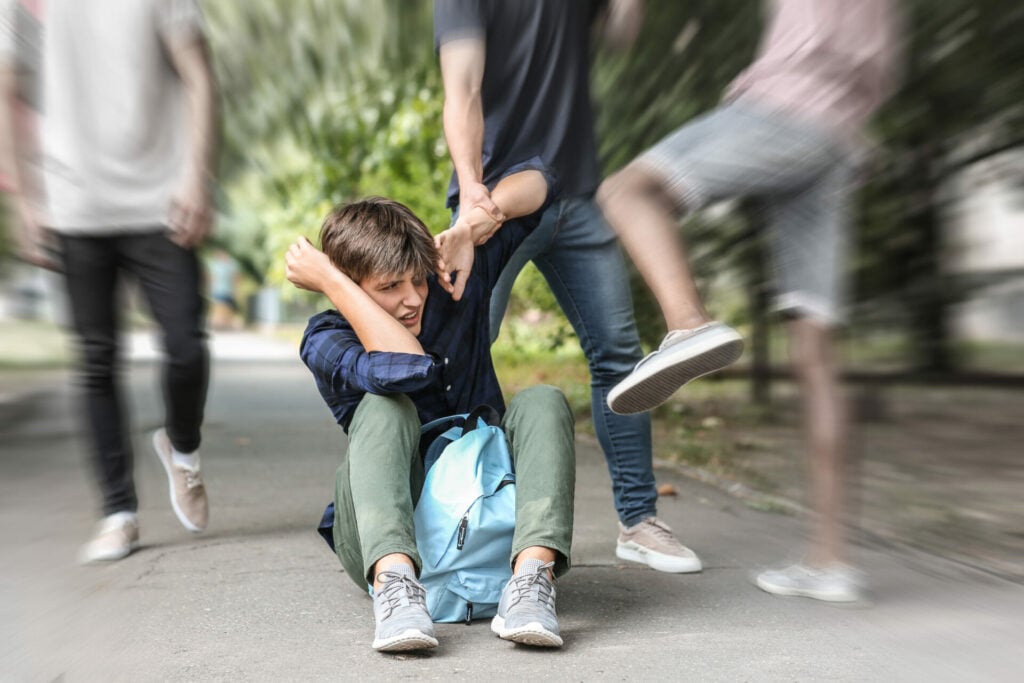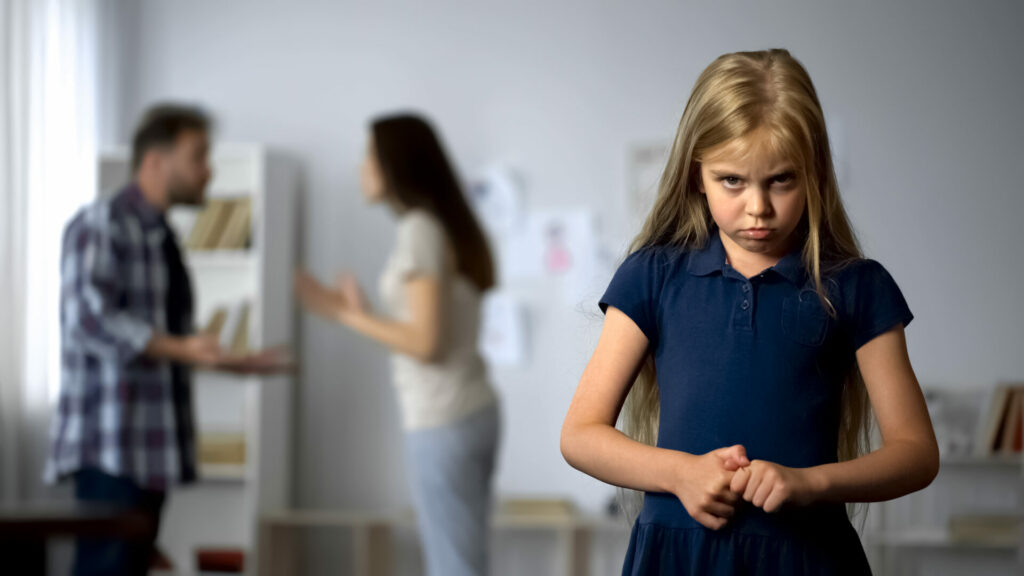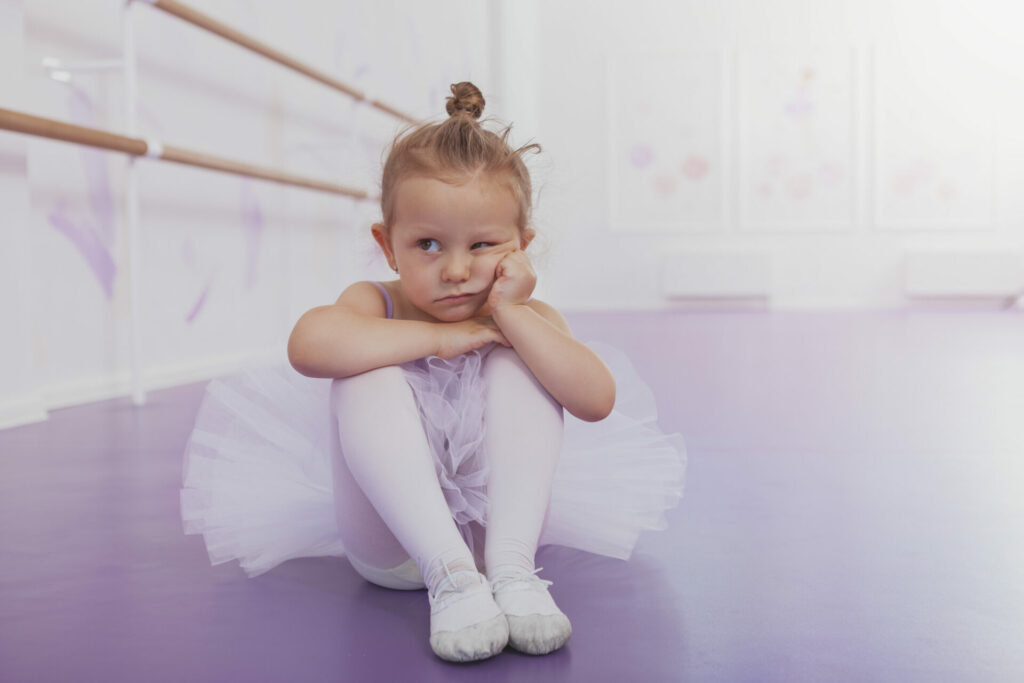Nicky was horrified when she was called into the headteacher’s office to discuss her son Sam’s behaviour towards another boy in his class. Ten-year-old Sam had been pushing the boy into corners and calling him Goofy, laughing at his classmate’s teeth, as well as his clothes and trainers, and urging their peers not to be his friend.
‘I just broke down in tears,’ confesses Nicky, a 41-year-old actuary living in Dubai. ‘I couldn’t bear to think my own son had it in him to be so cruel. I’d spent ages talking to Sam about how to handle it if he were bullied. What I overlooked was the act of bullying itself, and how not to be a bully. It hadn’t even crossed my mind that Sam would do that to another child.’
Bullying is defined as deliberately harming and humiliating others, specifically those who are smaller, weaker, younger or more vulnerable than the bully. As Nicky discovered, for every child bullied, there has to be a bully doling out pain, misery and suffering, and it leaves a nasty taste when you realise that your own child is capable of that.
According to Rachael Alexander, a counselling psychologist based in the UK, a parent’s response to their child becoming a bully depends on how self-aware they themselves are.
Hurt People Hurt People

‘They may not believe that their child could behave in such a way, and get stuck in denial, or they may think they’ve failed in their parenting,’ says Rachael, author of You’ve Got This: A Student’s Guide to Well-being at University and Beyond (Critical Publishing). ‘They may feel they’re responsible for their child’s behaviour.
‘Some bullies may have low self-esteem and use bullying to feel more powerful, while a lack of parental supervision, inconsistent discipline or witnessing aggressive behaviour at home can contribute to creating a bully’
‘But the main thing to remember is the saying: “Hurt people hurt people.” Their child is acting out an inner emotional imbalance which needs healing.’
Jasmine Navarro, who runs a coaching business, NAVA, between Dubai and the UK, agrees understanding is key.
‘Children can engage in bullying behaviour for various reasons, and it’s often a complex interplay of factors,’ explains Jasmine, who coaches teens and adults to have confidence. ‘Some bullies may have low self-esteem and use bullying to feel more powerful or in control, while family issues, like a lack of parental supervision, inconsistent discipline or witnessing aggressive behaviour at home, can contribute to creating a bully.
‘Children may bully others to fit in with a particular group or because they fear becoming a target themselves, or they may genuinely have a lack of empathy, so they don’t understand the emotional impact of their actions on other children. Finally, some bullies may target others out of jealousy or insecurity, trying to bring others down to their level.’
Anti-Bullying Week

In the UK, Anti-Bullying Week is an annual event, held in the third week in November to raise awareness of bullying of children and young people. Founded by the Anti-Bullying Alliance (ABA), a coalition of organisations and people united against bullying, the week started in 2002 and this year runs until 17 November. The theme is Make Noise About Bullying and kicked off with Odd Socks Day on Monday 13 November, to celebrate how unique we all are. Previous themes have been Reach Out and One Kind Word.
Back in 2016, ABA examined more than 13,000 pupils aged between seven and 15 across 44 schools in the UK and found one in four children reported they had been bullied a lot or always. Disabled children and those with special educational needs were around twice as likely to be bullied, and boys were targeted more than girls.
But with increasing scope for bullying, the need for awareness has never been greater. Now, as well as traditional schoolyard pushing, shoving and name-calling, we also have online and cyber bullying, as well as racist and homophobic bullying.
Jasmine continues: ‘A child might repeatedly insult another child’s appearance, intelligence or abilities with name-calling, or they might engage in physical bullying which includes hitting, pushing or other aggressive actions.
‘Deliberately leaving someone out of social activities or group events to isolate them is bullying, as is picking on them, and targeting them with hurtful remarks or actions. A bully might share embarrassing or private information about someone, either online or in person.’
‘Children pick up learned behaviour from everything around them. They might see their siblings bullying each other, or their mum bullying their dad. That’s the nature part, but if they are getting nurtured, they wouldn’t use this behaviour themselves’
Rachael, who offers one-to-one online sessions, says bullying can be physical, such as pulling hair, tripping someone up or holding them down, or emotional and mental, which covers manipulative sulking and crying, name-calling, and blocking and ghosting on social media.
Nature & Nurture

So why do some children become bullies? Rachael says the answer lies in both nature and nurture ‘From the third trimester in the womb until they are seven or eight, children are like little sensory beings, picking up stimuli and data,’ says UK-based Rachael. ‘What they observe goes into their subconscious. It’s like a software programme and they don’t filter it.
‘They pick up learned behaviour from everything around them – nursery, school, TV programmes, cartoons, storybooks and, of course, home. They might see their siblings bullying each other, or they might witness their mum bullying their dad. That’s the nature part, but if they are getting nurtured, they wouldn’t use this behaviour themselves.
‘However, it would be a lack of nurture, a lack of comfort and a lack of love that might create bullying behaviour. These children get this internal feeling of shame and inadequacy and not being good enough. They need to act out the pain created by these feelings and sometimes bullying is the way they do this.
‘If there is a classmate who’s jealous of another child, they want to get rid of that pain, so they inflict it on someone else. This takes it away from them, but only momentarily and temporarily. The child who is the bully doesn’t feel good enough. They feel out of control, so to get to a feeling of safety, they turn to bullying.’
So what can we do if we discover our child is a bully?
Get On Their Wavelength
If your child is a bully, remind yourself they are in emotional pain, says Rachael.
‘You need to understand the way your child is thinking about themselves, their life and the world,’ she says. ‘Instead of focusing on their behaviour, try and get into their head. If they don’t have the language skills to tell you, get some play or drama therapy with a counsellor, or find a worksheet online that you can work through together.’
Communicate
Encourage your child to talk openly about their feelings, suggests Jasmine.
‘Urge them to discuss their frustrations and experiences, with no judgement from you. Listen actively and empathetically to understand their perspective.’
Do Some Detective Work
Take a step back and look at your child’s nearest and dearest, recommends Rachael.
‘Ask yourself if you might have created your child’s behaviour,’ she says. ‘Is your child picking these things up from a grandmother or a stepdad? They don’t have to be aggressive – they might be learning this behaviour from a verbal bully.’
Reassure Them
Tell your child they are good enough, advises Rachael.
‘Bullying comes from a place of insecurity. Children who are bullies feel they’re not good enough so focus on the positive,’ she stresses. ‘Tell them they have a beautiful smile, you love it when they whistle in the shower, and you loved the way they helped their little sister to the table at dinner time. Do anything you can to help these children feel better about themselves and to realise that their presence on this planet matters.’
Be A Role Model
Be an example for them to follow, urges Jasmine.
‘Model respectful behaviour by being respectful and kind with other people in your life,’ she says. ‘Dealing with a child who exhibits bullying behaviour requires patience, understanding and consistent effort to address underlying issues, and promote positive change.’
Develop Their Empathy
Try and get over to them how their victim feels, suggests Rachael.
‘If you can, sit the bully down with their victim and get the other child to explain how being bullied makes them feel,’ she says. ‘Talk about how it felt physically, how it is emotionally, and try to get a discussion going about it. Sometimes just hearing about the effect they’re having will stop a bully in their tracks.’
Seek Professional Help
If the bullying persists or escalates, recruit support, says Jasmine.
‘Consider involving a therapist who specialises in working with children and behavioural issues. If the bullying is happening at school, inform the school authorities and work together to address the issue.’
Discuss The Next Step
Instead of automatically taking their iPhone or iPad off them as a punishment, have a chat with them about consequences, says Rachael.
‘Try and work out what works for them – often you’ll discover logic or a thinking pattern you never even thought of,’ she says. ‘It’s often much more successful than shouting at them, banning their technology or grounding them.’









